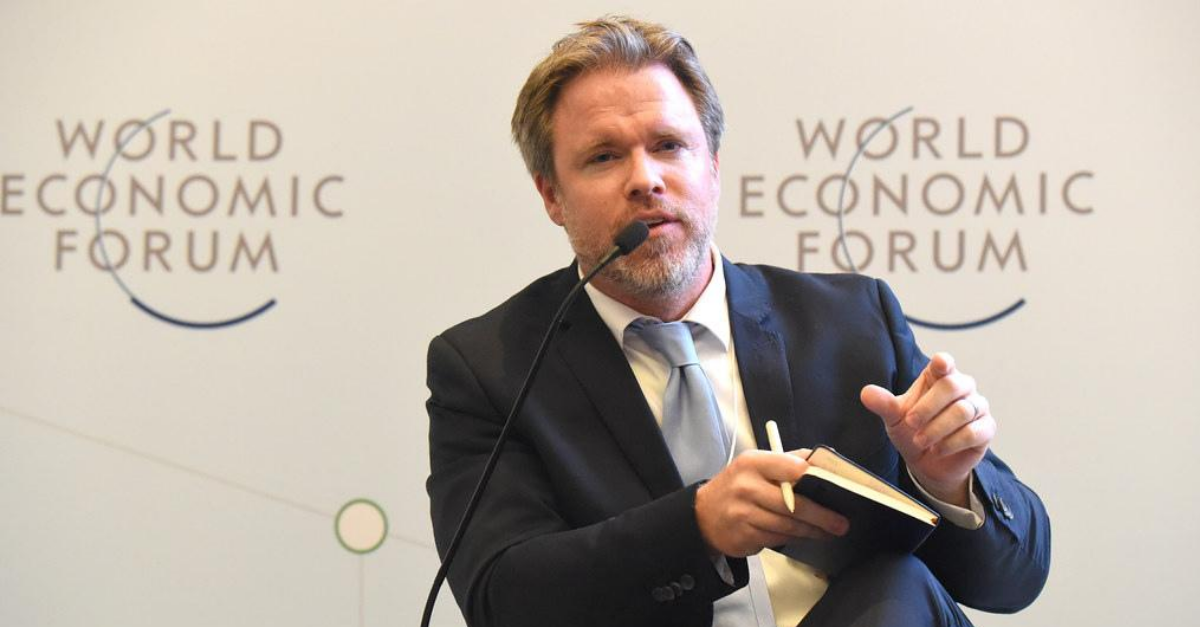As the Horn of Africa heats up, the risks of insecurity are rising
Published in Mongabay
By Robert Muggah; Peter Schmidt and Giovanna Kuele
Scholars and political leaders worldwide are fretting over the complex connections between climate and insecurity. Many social scientists theorize that climate disruption is a “conflict multiplier.” To residents of the Greater Horn of Africa, the relationship is not theoretical. Assailed by endemic poverty, food insecurity and armed conflict, the Greater Horn is already facing a host of preexisting conditions. With some of the fastest-warming latitudes on the planet, the fortunes and stability of this region of 365 million people now look to be at the mercy of weather-driven mayhem.
Yet the threats posed by a changing climate to the world’s poorest countries are still side-stepped in the top-tier of global diplomacy. Even before Russia invaded its neighbor, Ukraine, the Security Council member vetoed the first ever climate security resolution at the United Nations Security Council. China abstained, and while India lacks veto power, it too demurred, apparently in fear of opening a meteorological Pandora’s box to big power intervention. Countries like Ireland, Niger and 113 other UN member states who backed the resolution are likely to keep the issue on the geopolitical agenda.
Read the article



